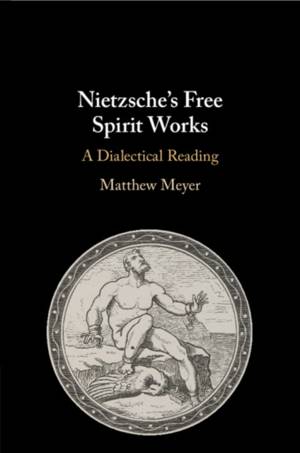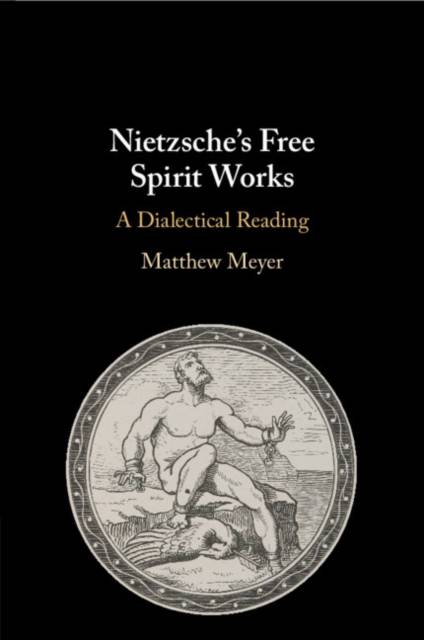
Bedankt voor het vertrouwen het afgelopen jaar! Om jou te bedanken bieden we GRATIS verzending (in België) aan op alles gedurende de hele maand januari.
- Afhalen na 1 uur in een winkel met voorraad
- In januari gratis thuislevering in België
- Ruim aanbod met 7 miljoen producten
Bedankt voor het vertrouwen het afgelopen jaar! Om jou te bedanken bieden we GRATIS verzending (in België) aan op alles gedurende de hele maand januari.
- Afhalen na 1 uur in een winkel met voorraad
- In januari gratis thuislevering in België
- Ruim aanbod met 7 miljoen producten
Zoeken
€ 64,95
+ 129 punten
Omschrijving
Between 1878 and 1882, Nietzsche published what he called 'the free spirit works': Human, All Too Human; Assorted Opinions and Maxims; The Wanderer and His Shadow; Daybreak; and The Gay Science. Often approached as a mere assemblage of loosely connected aphorisms, these works are here re-interpreted as a coherent narrative of the steps Nietzsche takes in educating himself toward freedom that executes a dialectic between scientific truth-seeking and artistic life-affirmation. Matthew Meyer's new reading of these works not only provides a more convincing explanation of their content but also makes better sense of the relationship between them and Nietzsche's larger oeuvre. His argument shows how these texts can and should be read as a unified project even while they present multiple, in some cases conflicting, images of the free spirit. The book will appeal to anyone who is interested in Nietzsche's philosophy and especially to those puzzled about how to understand the peculiarities of the free spirit works.
Specificaties
Betrokkenen
- Auteur(s):
- Uitgeverij:
Inhoud
- Aantal bladzijden:
- 290
- Taal:
- Engels
Eigenschappen
- Productcode (EAN):
- 9781108463904
- Verschijningsdatum:
- 2/09/2021
- Uitvoering:
- Paperback
- Formaat:
- Trade paperback (VS)
- Afmetingen:
- 152 mm x 229 mm
- Gewicht:
- 390 g

Alleen bij Standaard Boekhandel
+ 129 punten op je klantenkaart van Standaard Boekhandel
Beoordelingen
We publiceren alleen reviews die voldoen aan de voorwaarden voor reviews. Bekijk onze voorwaarden voor reviews.









